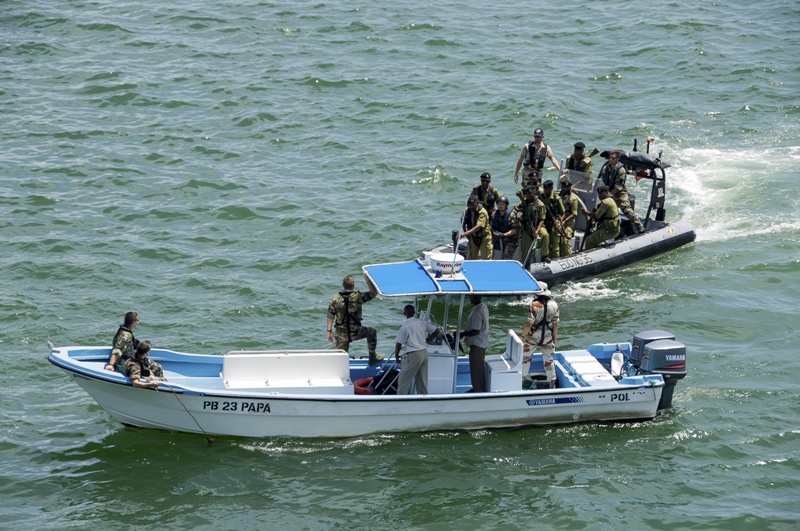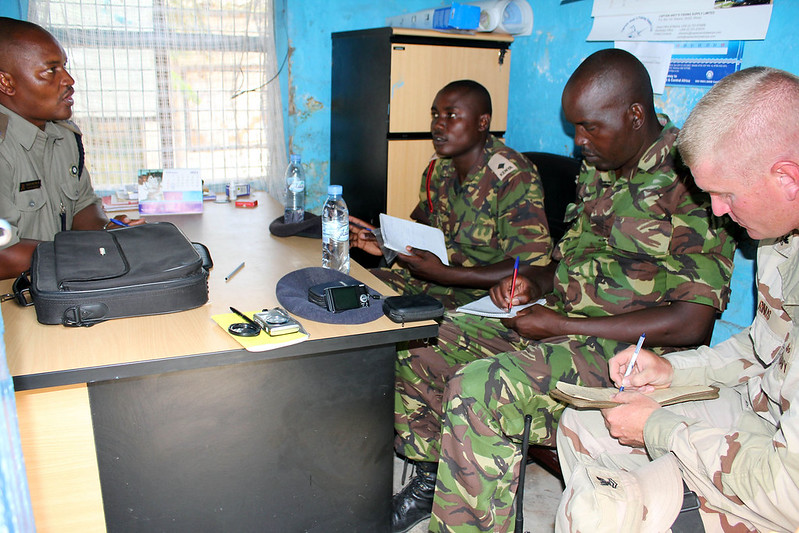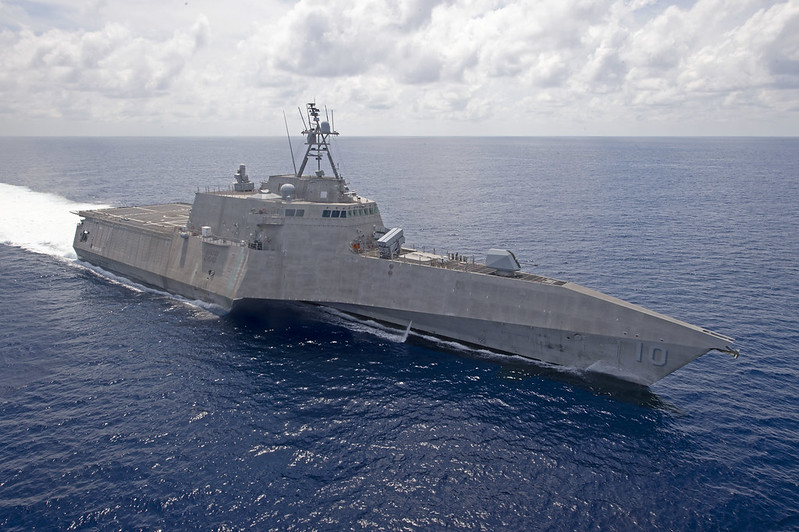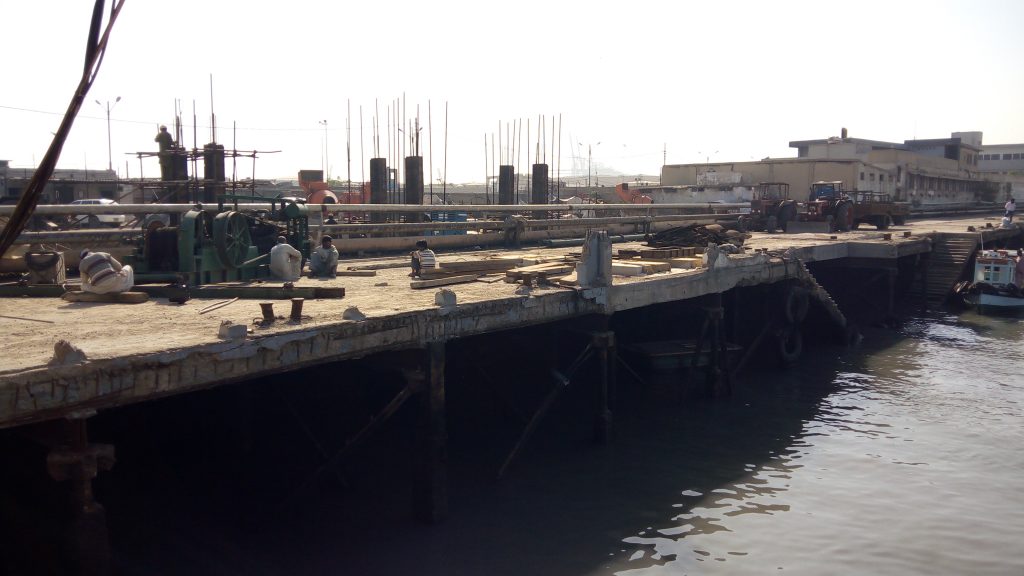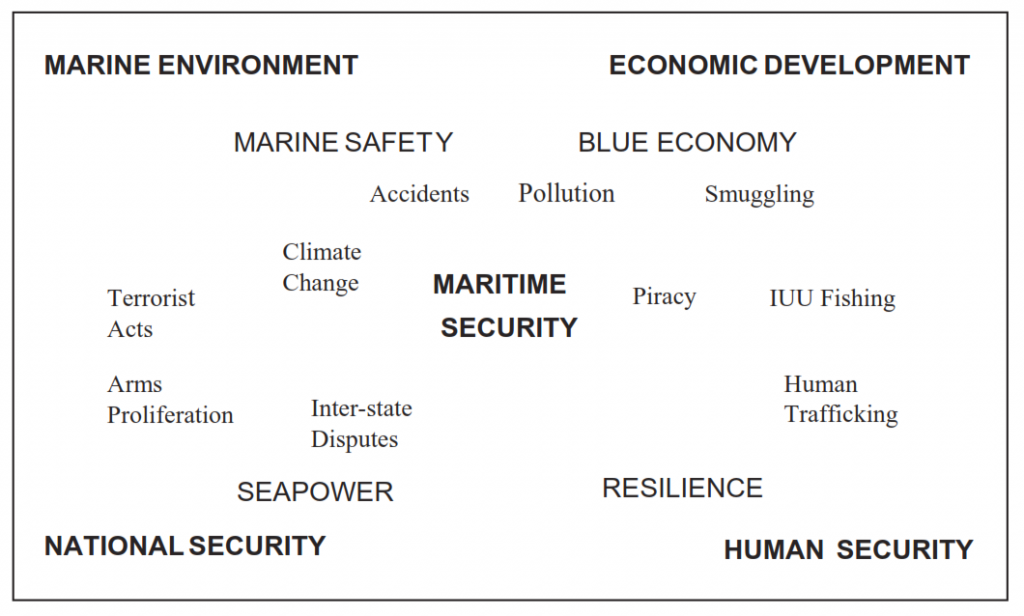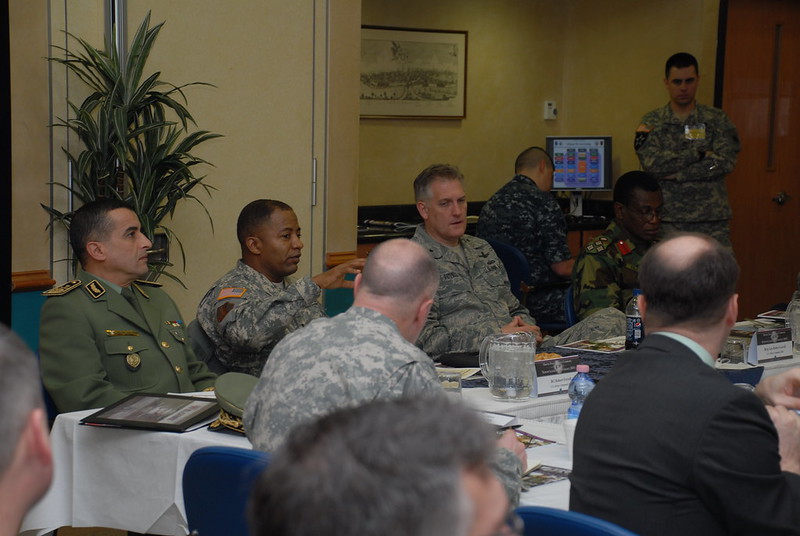Capacity building is the core term through which many global actors describe their international engagement today. While the concept of “capacity building” is anything but new, its arrival in international security discourse is relatively recent. Are we witnessing a major shift in terms of how security actors plan, implement and think about their international engagement?
Blue Turn
Posts linked to general conceptual work, presentations and theorizing.
What knowledge does capacity building need? The fallacies of epistemic determinism
Inherent in contemporary understandings of capacity building is the idea that if a country possesses the right knowledge and technology then it will be able to handle the challenges associated with the Sustainable Development Goals. In consequence, much emphasis of capacity building work is on transferring technology and knowledge to least developed countries. Often, little thought goes into the question what the “right” or “appropriate” knowledge might be. The assumption is that knowledge (such as what functions a maritime security sector has to perform) is universal and can be easily transferred.
Refining SPIP
SAFE SEAS has just published two new Concept Notes outlining initial project results. The first is titled Capacity Building and the Ownership Dilemma and discusses the importance of ‘local ownership’ in international capacity building endeavours and security sector reform. It also explores the importance of the principles of local ownership within the context of the SAFE SEAS SPIP methodology. The … Read more
Thinking Blue Economy and Maritime Security together
The Blue Economy and Maritime security are two of the major frameworks for the contemporary discussion of ocean governance. Although some efforts have been made to define what the blue economy consists of, it is yet another fuzzy term with indeterminate meaning of the ocean governance agenda. The term has notably become important to frame the discussion on sustainable development. In particular, Small Island Developing States and African states have embraced blue economy as one of their guiding ideas. Yet, what are the convergences between blue economy and maritime security thinking? And why is it important to think both together?
International Relations Must Challenge the Freedom of Security at Sea
We should be embarrassed that so little has been written about the politics of the sea in the field of International Relations (IR). Traditionally limited to the study of relations between states, even the cultural turn that so reinvigorated scholarship in IR a few decades ago has maintained the focus of research on political phenomena … Read more
The Concept of “Capacity Building”
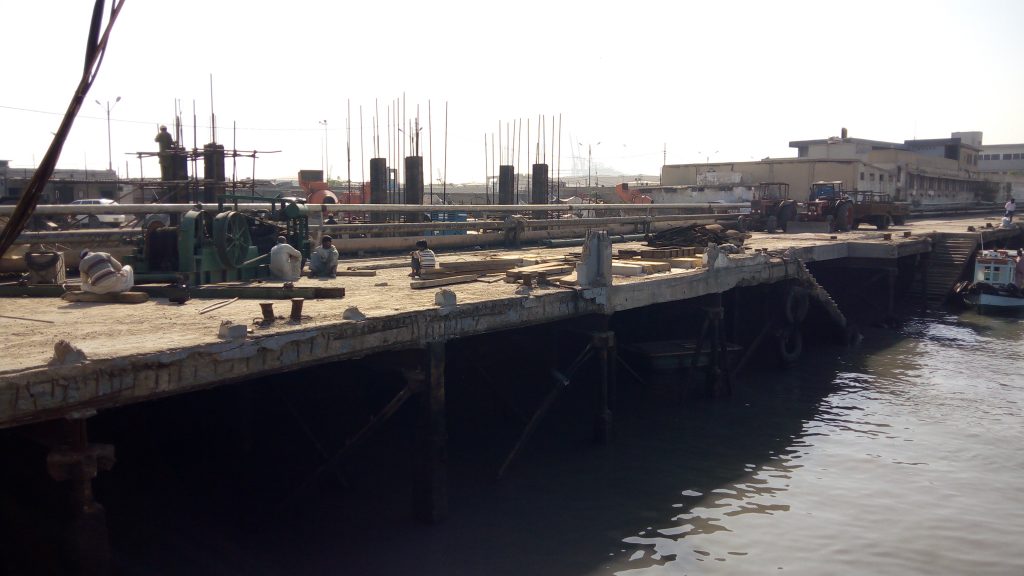 Concepts are not only descriptive of our activities, they are also prescriptive. They direct actions and provide a certain understanding of how things should be done. They stand for distinct (political) projects. The projects analyzed in SAFE SEAS aim at building capacity for maritime security. While the concept of maritime security has been discussed in a previous post, what does capacity building entail?
Concepts are not only descriptive of our activities, they are also prescriptive. They direct actions and provide a certain understanding of how things should be done. They stand for distinct (political) projects. The projects analyzed in SAFE SEAS aim at building capacity for maritime security. While the concept of maritime security has been discussed in a previous post, what does capacity building entail?
Defining Maritime Security
Maritime Security is a buzzword and no consensual definition has emerged on the concept. The absence of a universal definition is not necessarily a problem given the political character of the term, and the need for having country and region specific understandings of what challenges maritime security poses. In outlining situation specific working definitions it is important to avoid two approaches: Firstly, the laundry list approach, in which the concept is defined as the prevention of a list of threats, which is not further prioritized. Secondly, the normative approach, which equates maritime security with an idealized understanding of “good order at sea” without specifying what this order is supposed to be or whose order it will be.
What’s wrong with the US Maritime Security Sector Reform Guide?
Recognizing that capacity building in the maritime security sector lacks guidance and is too often conducted in an ad-hoc manner, in 2010 several U.S. government agencies, including USAID, published the Maritime Security Sector Reform (MSSR) Guide.
A focus on functions
The goal of the guide is to assist countries in assessing their maritime security sector and reforming it. According to Tom Kelley (2014), former assistant secretary of the US Department of State, the MSSR guide intends to illuminate “the interdependency of the Maritime, Criminal Justice, Civil Justice and Commercial sectors and identifies the functions that any government must perform in order to deliver what its citizens might recognize as maritime security.” The guide specifies so-called “functions”, that is groups of related activities. Six main functions are outlined (Governance, Civil and Criminal Authority, Defense, Safety, Response and Recovery and Economy). These are then further divided in “sub-functions”.
Introducing Safe Seas
SafeSeas is a pilot project that studies lessons from maritime security capacity building in the Western Indian Ocean. The project compares the ongoing efforts to restructure the maritime security sector in four countries (Djibouti, Kenya, Seychelles, and Somalia). The objective is to develop key guidelines and best practices for the coordination, programming and implementation of … Read more

